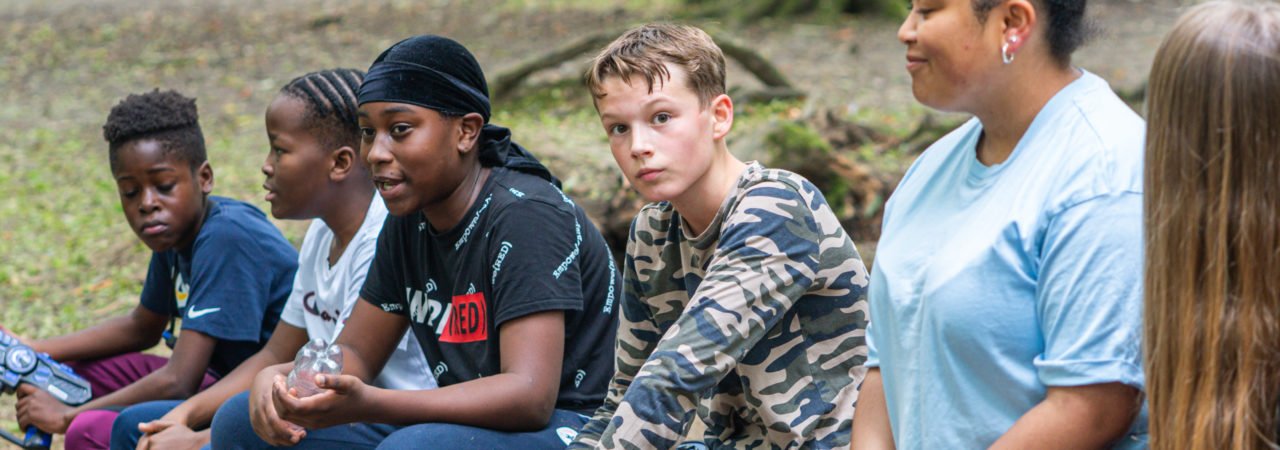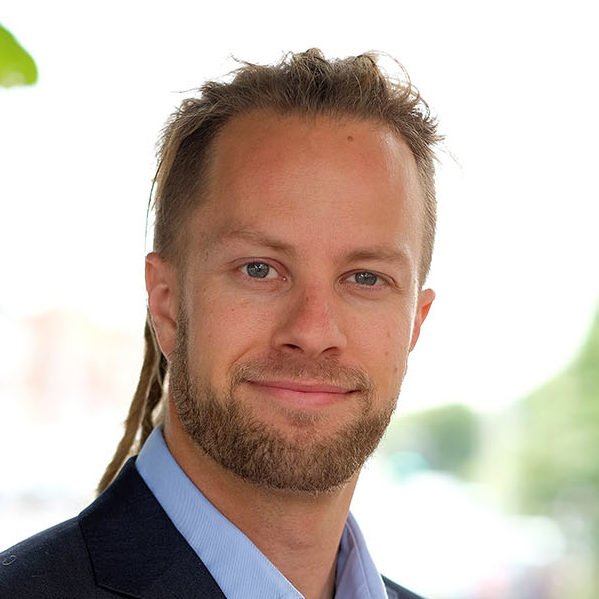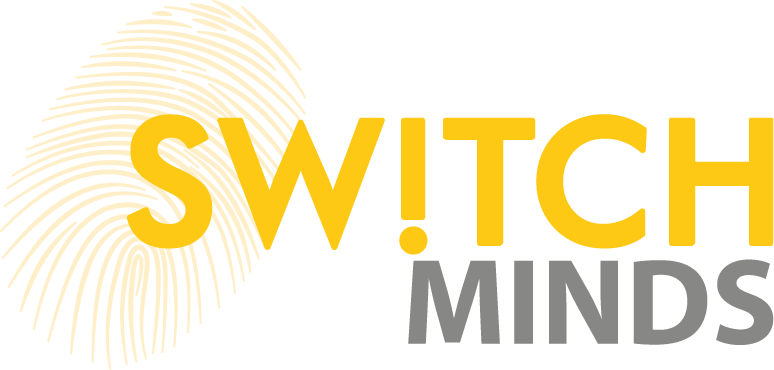Back in June 2021, we presented you with some stats from the first full year of SW!TCH Minds. The programme has now been operating for over two full years and two cohorts of young people have taken part in a complete mentoring cycle.
We—Rachel Dunford Consulting—have continued to review the impact of SW!TCH Minds throughout its second year and we’d like to update you about some more of the amazing work being done by LifeLine’s Youth Development Workers in schools and communities across East London.
What is SW!TCH Minds?
SW!TCH Minds improves and supports the mental health of young people through a combination of in-school mentoring, positive activities, and holiday progammes.
During the pandemic and school closures, this involved maintaining regular contact, and running a range of online and COVID-secure in-person activities to ensure the young people didn’t become isolated or physically inactive.
Parents and carers have also been supported during this time in coordination with LifeLine’s Champions Support Network programme set up in response to this identified need.
- Someone to talk to (60%)
- Someone to listen to them (47%)
- Help with their feelings (46%)
- Help with their problems (43%)
“I like having someone to talk to, helping me with anything I need help with, and helping me understand my emotions. It helps me understand who I am and reminds me that nobody is perfect, but you should be the best version of you.”
Student
From a young person's perspective
“I want to thank [my YDW] so, so much for helping me through this past year it has been amazing and I would like to stay with [them] for a while because [they have] helped me a lot building my self-confidence, talking to [them], solving my problems."
Student
From a Youth Development Worker's perspective
"I was told how much they valued coming to the sessions and speaking to me. They were able to be vulnerable in front of me, sharing things they had gone through or are going through - being able to cry or express anger towards a situation or person. I was able to help them address certain issues, I was able to speak to the school about some concerns. My mentees knew I cared about them and knew I would only have to take it further if they were at risk or could potentially be at risk.”
Youth Development Worker
SW!TCH Ambassadors
Young people who have shown leadership skills throughout their time in SW!TCH Minds are invited to participate in a residential course to become a SW!TCH Ambassador. This is an opportunity to lead activities of their own, start their own community projects, and learn how to become peer mentors to others.
To date, nine young people from SW!TCH Minds have been trained as SW!TCH Ambassadors and are currently supporting the SW!TCH team with activities and acting as advocates for the SW!TCH Minds programme.
Brian (name changed) joined SW!TCH Minds in August 2020 with the goal of improving his confidence as well as developing leadership skills. He took part in a range of positive activities on offer—notably football, boxing, and skating sessions—as well as going on trips with other young people. He saw his confidence greatly improve during his time on the programme, both in working alongside his peers and as a leader. He says the best thing about being in SW!TCH Minds was the:
“…opportunities to lead and be a better version of you."
Brian was motivated to become a SW!TCH Ambassador by his desire to gain further confidence. After completing the three day training course, he has lead multiple positive activities for other young people while continuing to take part in weekly activities and help other young people engage with the programme.
If a young person was considering joining SW!TCH Minds, Brian would tell them:
“Do it. It’ll help you emotionally, physically and socially, you’ll make friends and gain advice to help you through everything… every opportunity will help you become a better you and will get you out there more.”
“[SW!TCH Minds] allow[s] [the young people] the opportunity to reflect on the decisions they make on a daily basis that effect their lives and facilitate and support them in making positive choices and decisions in their lives.”
Assistant Headteacher and Safeguarding Lead
“It’s a safe space for people who are struggling a bit and want someone to talk to for half an hour. That genuinely is how I see it. A lot of provision complicates matters and, actually, children just want someone a bit closer to their own age to talk to. It’s not a counsellor they require… it’s someone who gets them and let off some steam and that’s what I see the SW!TCH Minds project offering.”
Deputy Headteacher




